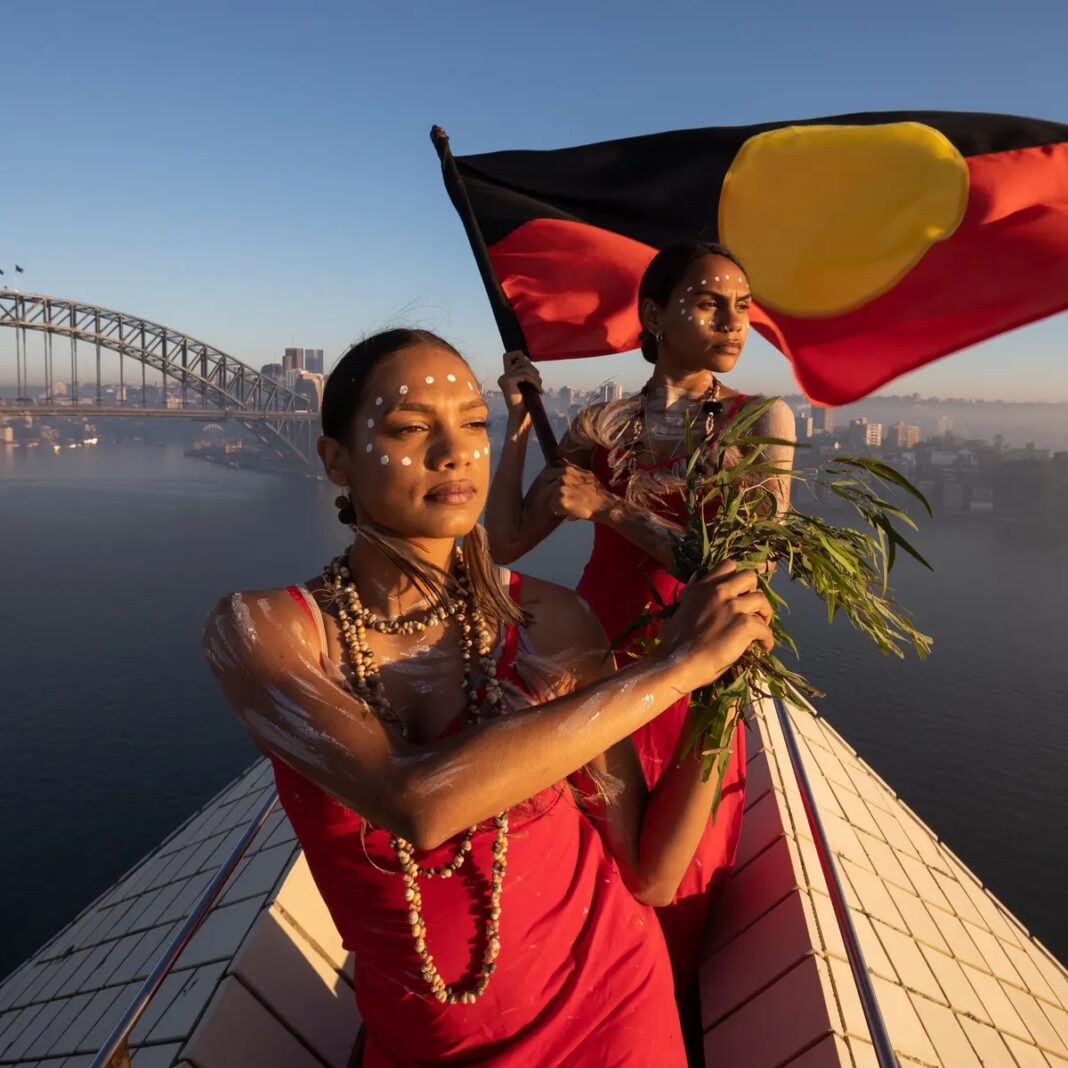Canberra, Australia, June 19: Australia’s parliament has passed legislation setting the stage for a landmark referendum on Aboriginal rights, granting citizens the opportunity to decide on whether the Indigenous population should have a dedicated “voice” in national policymaking.
In the final Senate vote, 52 members supported the legislation, while 19 voted against it.
The upcoming referendum will pose the question to Australians of whether they endorse a Constitutional amendment that establishes a committee known as the “Voice to Parliament.” This committee would serve to advise the parliament on policy matters affecting Aboriginal and Torres Strait Islander peoples in Australia.
Prime Minister Anthony Albanese expressed his enthusiasm for the passage of the bill, stating, “Parliaments pass laws but it’s people that make history.” He urged citizens to seize the opportunity to participate in this momentous occasion, calling on them to be a part of making history.
Albanese, along with the majority of parliamentarians, supports the inclusion of the committee and appeals to Australians to vote “YES” in the referendum.
If the amendment is ratified, Indigenous Australians—including Aboriginals and Torres Strait Islanders—whose ancestors have resided on the continent for over 60,000 years, would receive recognition in the constitution for the first time.
This referendum marks a crucial turning point in national politics, providing an opportunity to rectify centuries-old injustices, persecutions, and discriminations faced by the Indigenous population.
The brutal colonization of Australia since 1778, known as “Terra nullius,” a Latin term meaning “nobody’s land” led to the massacre of over one-third of the Indigenous population and others subjected to severe torture, persecution, and forced displacement from their ancestral lands.
Presently, Aboriginal Australians account for approximately 3 per cent of the country’s population of nearly 26 million. However, according to official data, they constitute over a quarter of the prison population, with many incarcerated for minor offences.
Official statistics reveal significant disparities in life expectancy, infant mortality rates, physical and mental health, education levels, employment opportunities, child removal rates, suicides, and community and family violence among Indigenous Australians.
Moreover, Indigenous people remain significantly underrepresented in mainstream institutions, including government, business, and education.
Despite Australia’s West-proclaimed status as a “modern” democracy and its occasional lecturing on human rights to Asian and African nations, it has taken this much extended period for the nation to endeavour to secure the most fundamental rights of constitutional recognition of its historically persecuted and marginalized minority.
Current polls indicate majority support for the “Voice to Parliament” initiative, although backing has been waning as the debate intensifies.
Opposition leader Peter Dutton, who faces division within his conservative coalition regarding the referendum, has urged citizens to vote “NO,” asserting that a “Yes” vote would exacerbate racial divisions within the country.
While some prominent Indigenous voices, such as independent senator Lidia Thorpe, have described the proposed advisory body as “powerless,” political analysts express optimism regarding Indigenous community support.
It is noteworthy that while Western democracies like Canada and Australia continue to debate constitutional recognition for Indigenous peoples even today, India has already enshrined constitutional protection and reservation for its Indigenous communities 75 years ago. Recently, India celebrated the election of its first Indigenous head of state, President Droupadi Murmu.
With the referendum drawing near, Australians have the opportunity to make a significant stride towards addressing historical inequities and ensuring equal representation for the Indigenous population in national policymaking.






